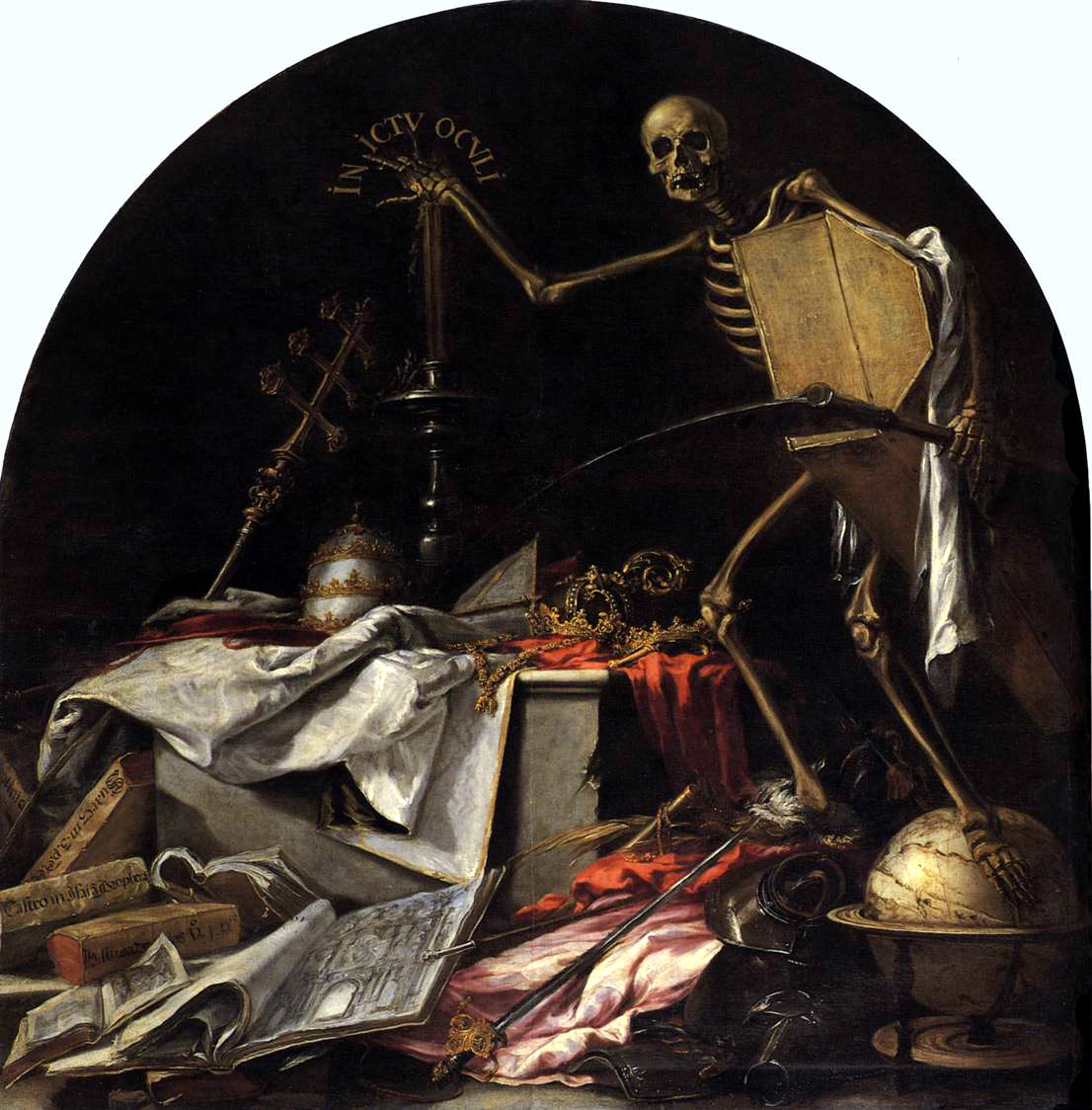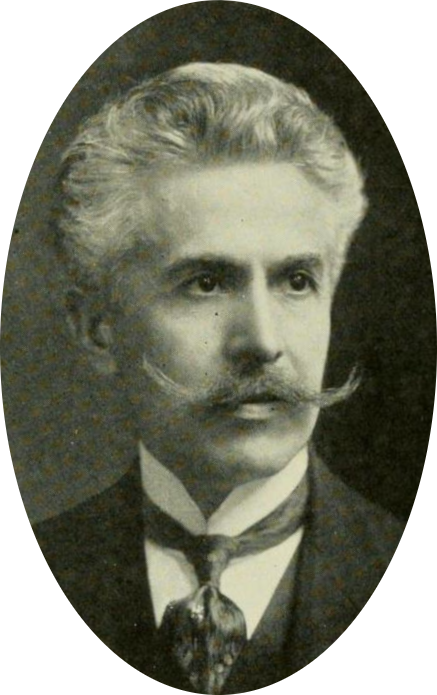|
Enrique Banchs
Enrique Banchs (1888–1968) was an Argentine poet. He published all his work in the space of four years at the beginning of the 20th century. In his four works, ''Las barcas'' (1907), ''El libro de los elogios'' (1908), ''El cascabel del halcón'' (1909) and ''La urna'' (1911). Banchs cultivated an ephemeral, classicistic style drawing inspiration from the Siglo de Oro. His final work was composed in sonnets, a form which had already been almost completely abandoned by that time. Banchs published nothing during the final fifty years of his life, but he remained a part of the Argentine literary scene, and a member of the Argentine Academy of Letters The ''Academia Argentina de Letras'' is the academy in charge of studying and prescribing the use of the Spanish language in Argentina. Since its establishment, on August 13, 1931, it has maintained ties with the Royal Spanish Academy and the othe .... He was a friend of Carlos Alberto Leumann. Works Poetry *1907: ''Las barca ... [...More Info...] [...Related Items...] OR: [Wikipedia] [Google] [Baidu] |
Argentina
Argentina (), officially the Argentine Republic ( es, link=no, República Argentina), is a country in the southern half of South America. Argentina covers an area of , making it the second-largest country in South America after Brazil, the fourth-largest country in the Americas, and the eighth-largest country in the world. It shares the bulk of the Southern Cone with Chile to the west, and is also bordered by Bolivia and Paraguay to the north, Brazil to the northeast, Uruguay and the South Atlantic Ocean to the east, and the Drake Passage to the south. Argentina is a federal state subdivided into twenty-three provinces, and one autonomous city, which is the federal capital and largest city of the nation, Buenos Aires. The provinces and the capital have their own constitutions, but exist under a federal system. Argentina claims sovereignty over the Falkland Islands, South Georgia and the South Sandwich Islands, and a part of Antarctica. The earliest recorded human prese ... [...More Info...] [...Related Items...] OR: [Wikipedia] [Google] [Baidu] |
Classicism
Classicism, in the arts, refers generally to a high regard for a classical period, classical antiquity in the Western tradition, as setting standards for taste which the classicists seek to emulate. In its purest form, classicism is an aesthetic attitude dependent on principles based in the culture, art and literature of ancient Greece and Rome, with the emphasis on form, simplicity, proportion, clarity of structure, perfection, restrained emotion, as well as explicit appeal to the intellect. The art of classicism typically seeks to be formal and restrained: of the ''Discobolus'' Sir Kenneth Clark observed, "if we object to his restraint and compression we are simply objecting to the classicism of classic art. A violent emphasis or a sudden acceleration of rhythmic movement would have destroyed those qualities of balance and completeness through which it retained until the present century its position of authority in the restricted repertoire of visual images." Classicism, as Cl ... [...More Info...] [...Related Items...] OR: [Wikipedia] [Google] [Baidu] |
Spanish Golden Age
The Spanish Golden Age ( es, Siglo de Oro, links=no , "Golden Century") is a period of flourishing in arts and literature in Spain, coinciding with the political rise of the Spanish Empire under the Catholic Monarchs of Spain and the Spanish Habsburgs. The greatest patron of Spanish art and culture during this period was King Philip II (1556–1598), whose royal palace, El Escorial, invited the attention of some of Europe's greatest architects and painters such as El Greco, who infused Spanish art with foreign styles and helped create a uniquely Spanish style of painting. It is associated with the reigns of Isabella I, Ferdinand II, Charles V, Philip II, Philip III, and Philip IV, when Spain was one of the most powerful countries in the world. The start of the Golden Age can be placed in 1492, with the end of the ''Reconquista'', the voyages of Christopher Columbus to the New World, and the publication of Antonio de Nebrija's ''Grammar of the Castilian Language''. It ro ... [...More Info...] [...Related Items...] OR: [Wikipedia] [Google] [Baidu] |
Sonnet
A sonnet is a poetic form that originated in the poetry composed at the Court of the Holy Roman Emperor Frederick II in the Sicilian city of Palermo. The 13th-century poet and notary Giacomo da Lentini is credited with the sonnet's invention, and the Sicilian School of poets who surrounded him then spread the form to the mainland. The earliest sonnets, however, no longer survive in the original Sicilian language, but only after being translated into Tuscan dialect. The term "sonnet" is derived from the Italian word ''sonetto'' (lit. "little song", derived from the Latin word ''sonus'', meaning a sound). By the 13th century it signified a poem of fourteen lines that followed a strict rhyme scheme and structure. According to Christopher Blum, during the Renaissance, the sonnet became the "choice mode of expressing romantic love". During that period, too, the form was taken up in many other European language areas and eventually any subject was considered acceptable for writers o ... [...More Info...] [...Related Items...] OR: [Wikipedia] [Google] [Baidu] |
Argentine Academy Of Letters
The ''Academia Argentina de Letras'' is the academy in charge of studying and prescribing the use of the Spanish language in Argentina. Since its establishment, on August 13, 1931, it has maintained ties with the Royal Spanish Academy and the other Spanish-language academies that are members of the Association of Spanish Language Academies. Since 1999, it has officially been a correspondent academy of the Royal Spanish Academy. It currently includes two dozen full members, chosen for having distinguished themselves in academic study related to language or literature. They make up the directing body of the academy, and they select honorary and correspondent academic members. History Antecedents The earliest lexicographical projects in the Río de la Plata area included a limited but rigorous work titled ''Léxico rioplatense'', compiled in 1845 by Francisco Javier Muñiz, and another lexicon put together in 1860 by Juan María Gutiérrez for the French naturalist and geographe ... [...More Info...] [...Related Items...] OR: [Wikipedia] [Google] [Baidu] |
Carlos Alberto Leumann
Carlos Alberto Leumann (1886–1952) was an Argentine poet, teacher, and essayist. He wrote essays on science and metaphysics, and was the director of the literary supplement in La Nación. His poems have been published in Spanish language anthologies. Leumann was born in Santa Fe, Argentina on the 17 of August, 1886, to strict Protestant parents who disliked that he wrote. At age six he was orphaned, and at age 17 he graduated from the University of Buenos Aires. He then became a professor in literature. During 1916 Leumann was editor-in-chief of ''La Nota'', a literary magazine created and directed by Emin Arslan. In 1927 he published his first widely read work of fiction in La Nación. In 1936 he married, but had no children. He was a friend of Enrique Banchs. He died on June 17, 1952, in Buenos Aires Buenos Aires ( or ; ), officially the Autonomous City of Buenos Aires ( es, link=no, Ciudad Autónoma de Buenos Aires), is the capital and primate city of Argentina. Th ... [...More Info...] [...Related Items...] OR: [Wikipedia] [Google] [Baidu] |
1888 Births
In Germany, 1888 is known as the Year of the Three Emperors. Currently, it is the year that, when written in Roman numerals, has the most digits (13). The next year that also has 13 digits is the year 2388. The record will be surpassed as late as 2888, which has 14 digits. Events January–March * January 3 – The 91-centimeter telescope at Lick Observatory in California is first used. * January 12 – The Schoolhouse Blizzard hits Dakota Territory, the states of Montana, Minnesota, Nebraska, Kansas, and Texas, leaving 235 dead, many of them children on their way home from school. * January 13 – The National Geographic Society is founded in Washington, D.C. * January 21 – The Amateur Athletic Union is founded by William Buckingham Curtis in the United States. * January 26 – The Lawn Tennis Association is founded in England. * February 6 – Gillis Bildt becomes Prime Minister of Sweden (1888–1889). * February 27 – In West O ... [...More Info...] [...Related Items...] OR: [Wikipedia] [Google] [Baidu] |
1968 Deaths
The year was highlighted by protests and other unrests that occurred worldwide. Events January–February * January 5 – " Prague Spring": Alexander Dubček is chosen as leader of the Communist Party of Czechoslovakia. * January 10 – John Gorton is sworn in as 19th Prime Minister of Australia, taking over from John McEwen after being elected leader of the Liberal Party the previous day, following the disappearance of Harold Holt. Gorton becomes the only Senator to become Prime Minister, though he immediately transfers to the House of Representatives through the 1968 Higgins by-election in Holt's vacant seat. * January 15 – The 1968 Belice earthquake in Sicily kills 380 and injures around 1,000. * January 21 ** Vietnam War: Battle of Khe Sanh – One of the most publicized and controversial battles of the war begins, ending on April 8. ** 1968 Thule Air Base B-52 crash: A U.S. B-52 Stratofortress crashes in Greenland, discharging 4 nuclear bombs. * ... [...More Info...] [...Related Items...] OR: [Wikipedia] [Google] [Baidu] |
Argentine Male Poets
Argentines (mistakenly translated Argentineans in the past; in Spanish (masculine) or (feminine)) are people identified with the country of Argentina. This connection may be residential, legal, historical or cultural. For most Argentines, several (or all) of these connections exist and are collectively the source of their being ''Argentine''. Argentina is a multiethnic and multilingual society, home to people of various ethnic, religious, and national origins, with the majority of the population made up of Old World immigrants and their descendants. As a result, Argentines do not equate their nationality with ethnicity, but with citizenship and allegiance to Argentina. Aside from the indigenous population, nearly all Argentines or their ancestors immigrated within the past five centuries. Among countries in the world that have received the most immigrants in modern history, Argentina, with 6.6 million, ranks second to the United States (27 million), and ahead of other immi ... [...More Info...] [...Related Items...] OR: [Wikipedia] [Google] [Baidu] |
Writers From Buenos Aires
A writer is a person who uses written words in different writing styles and techniques to communicate ideas. Writers produce different forms of literary art and creative writing such as novels, short stories, books, poetry, travelogues, plays, screenplays, teleplays, songs, and essays as well as other reports and news articles that may be of interest to the general public. Writers' texts are published across a wide range of media. Skilled writers who are able to use language to express ideas well, often contribute significantly to the cultural content of a society. The term "writer" is also used elsewhere in the arts and music, such as songwriter or a screenwriter, but also a stand-alone "writer" typically refers to the creation of written language. Some writers work from an oral tradition. Writers can produce material across a number of genres, fictional or non-fictional. Other writers use multiple media such as graphics or illustration to enhance the communication o ... [...More Info...] [...Related Items...] OR: [Wikipedia] [Google] [Baidu] |






